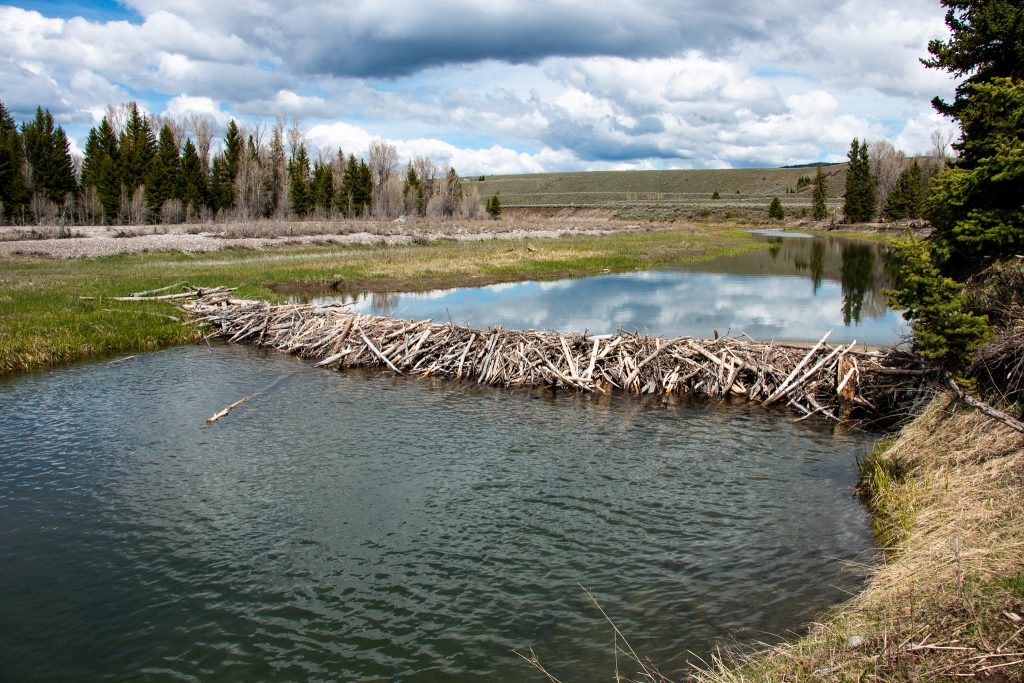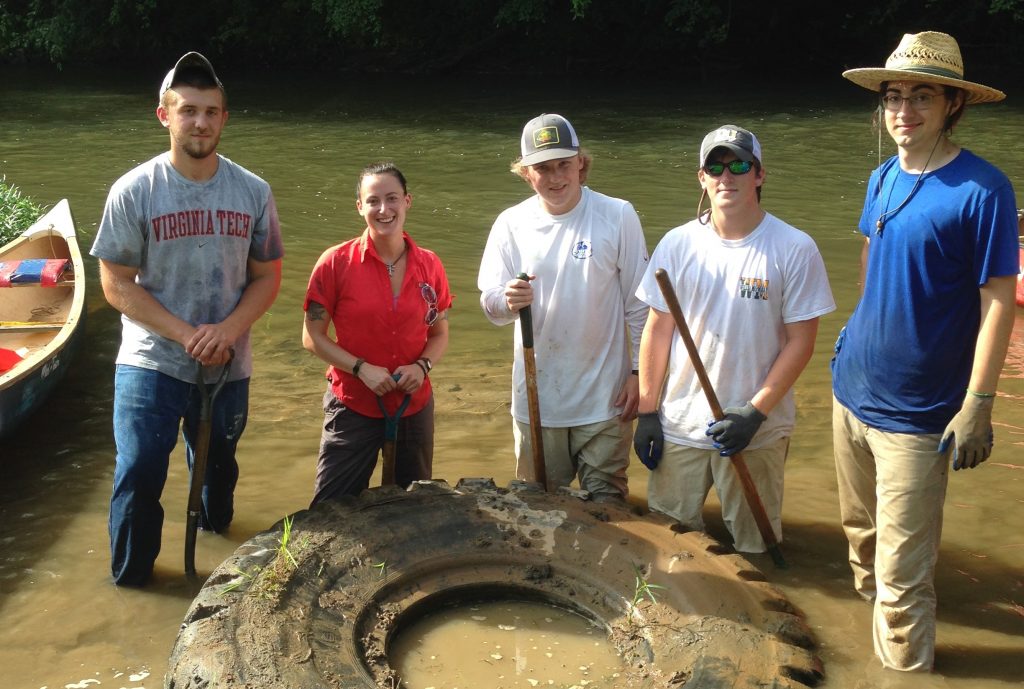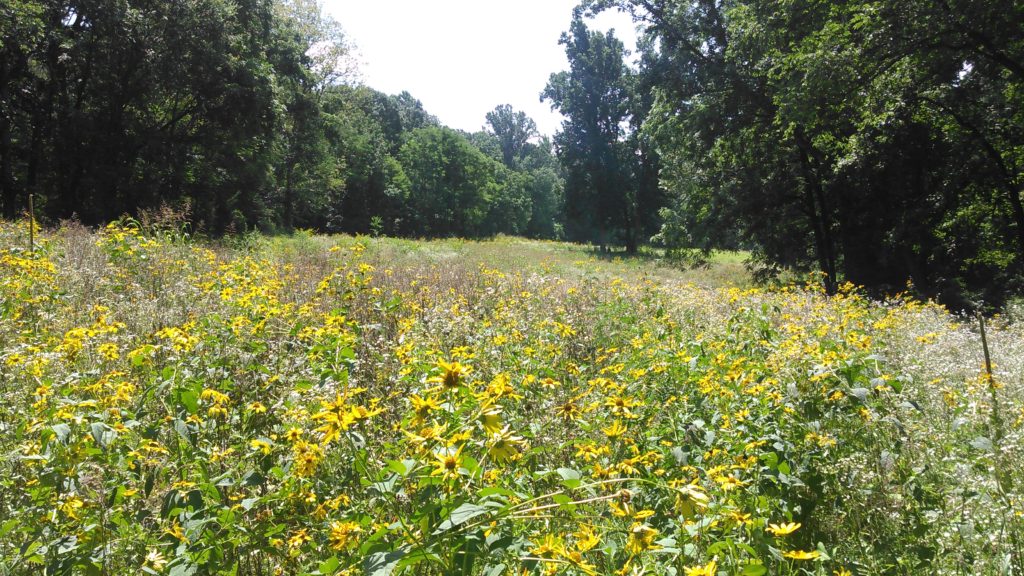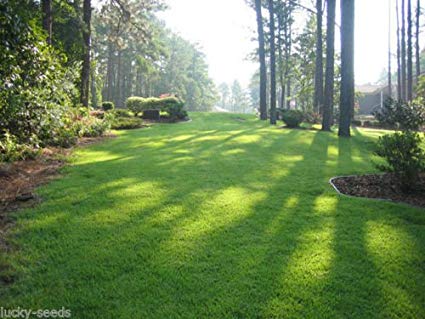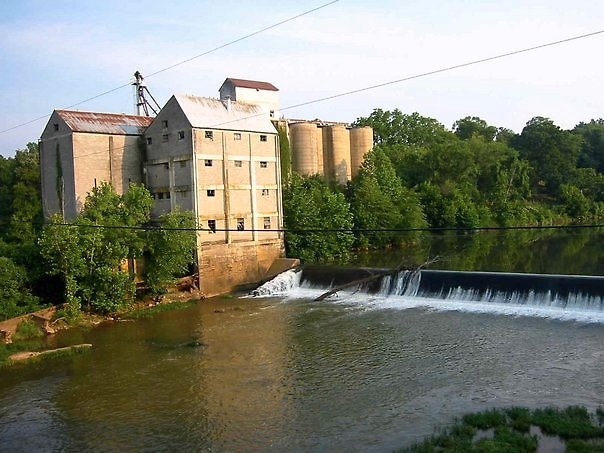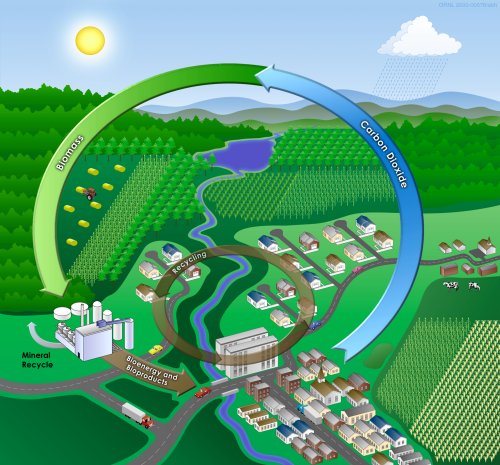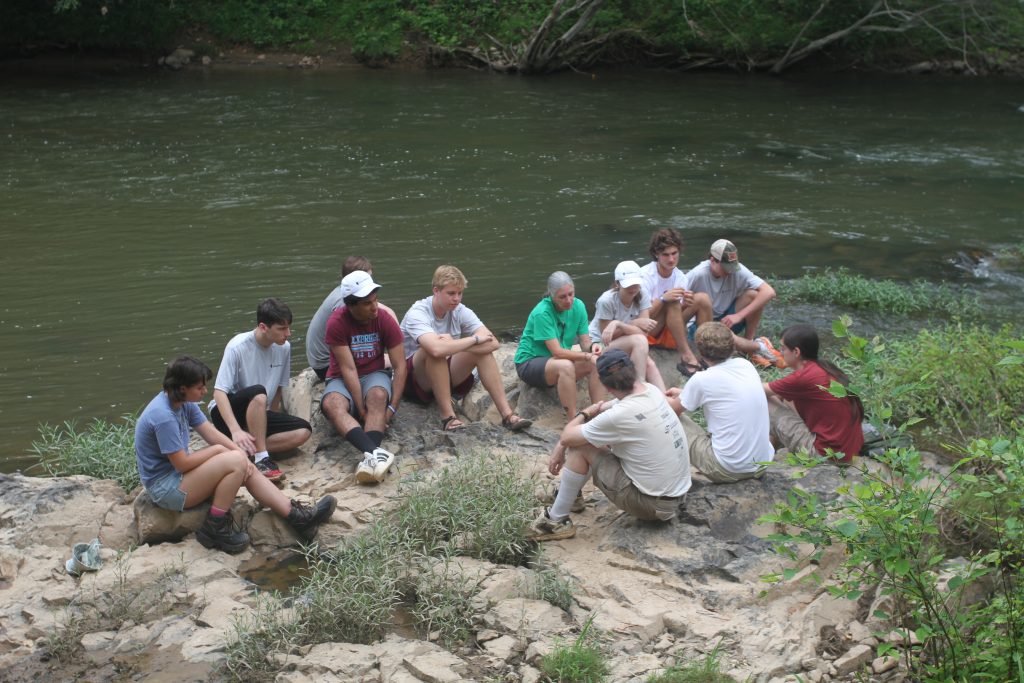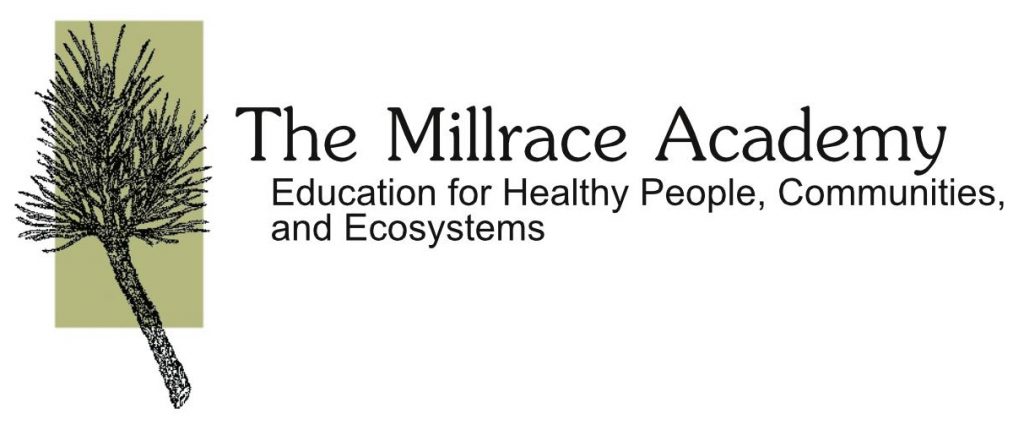2023 Annual Update
Since 2012, we have sent out one message every year to all our constituents in an effort to continue to engage you: our customers, clients, donors, partners, and friends. Read our 2023 Annual Update.
A Note From Michael Collins on the COVID-19 Pandemic
ACP programs serve rural and urban residents in the mid-Atlantic region. Our current understanding of the science behind the spread of this coronavirus is predominantly via person to person. We also understand that a significant percentage of infections can be asymptomatic. We have seen studies that have shown that transmission can occur well beyond the current six foot guideline. Therefore, we will employ social distancing and the use of masks and hand washing as key strategies to allow our work to continue in a way that brings the least possible risk to our staff and to the general public. We will also use common sense – when alone in the field or safely away from others, we will put away our masks and work unimpeded.
What is natural capital?
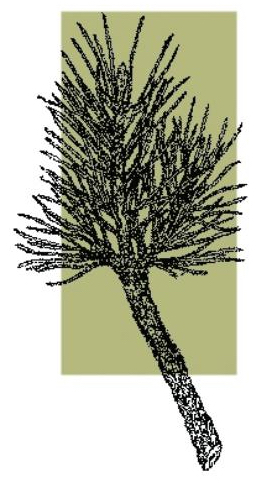
Natural capital can be described as the world’s stock of natural resources as assets including air, water, soils, and all living things. Following the notion of economic capital, a capital resource is one that enables the production of more resources. Ecosystem services derived from natural capital such as clean water and fertile soils are provided to us by way of natural cycles, and are necessary to human life. Therefore, natural capital solutions such as those we at ACP provide, can be considered as programs and projects which enable the resilience and production of all natural resources and forms of life.
The American Climate Partners is a group of people who believe in the power of pairing natural cycles with human ingenuity. We craft programs that produce solutions focused on that intersection.
The Table Mountain Pine (Pines pungens) is endemic to the Appalachian Mountains. Its cones require high heat, such as a forest fire, to open and release seeds, making this tree dependent on fire events for its survival. We believe in the need for management practices that mimic or leverage natural cycles that have been disturbed or limited by human activity.
Rural American Resilience
“Rapid deterioration of the world’s major ecosystems has intensified the need for effective environmental monitoring and the development of operational indicators of ecosystem health…We propose that a healthy ecosystem is one that is sustainable – that is, it has the ability to maintain its structure (organization) and function (vigor) over time in the face of external stress (resilience).” (Costanza, R., Mageau, M. What is a healthy ecosystem?. Aquatic Ecology 33, 105–115 (1999.))
The American Climate Partners (ACP) is a 501 c-3 charitable organization created in 2013 through the merger of Public Policy Virginia, Inc. (2006-2012) and Association of Conservation Real Estate dba Conserv (2006-2012). The American Climate Partners crafts programs and projects that create employment to restore nature and build resilient communities with an overall focus on mitigating climate change.
ACP’s vision is to create, optimize, and integrate natural capital solutions into the marketplace. We pose a simple but profound question, “what would our economy and quality of life look like if we fully integrated our natural systems into the world of commerce?” At the American Climate Partners, we start each day with the goal of utilizing the abundance of human ingenuity and organizational energy to solve problems and move innovation into transactions of change. This challenge represents the greatest frontier for improvement in our relationship with the environment. It allows us to view our natural capital for more than its intrinsic value by engaging the power of entrepreneurism to improve our ecosystems and our economy. ACP is governed by 13 volunteer Directors and a Board of Advisors.
Image taken atop Rapidan Mill silo headworks at ACP’s Headquarters and future home of the Rapidan Mill Ecological Enterprises Center and Rapidan Institute initiatives. Photo credit Evan Clinthorne.

